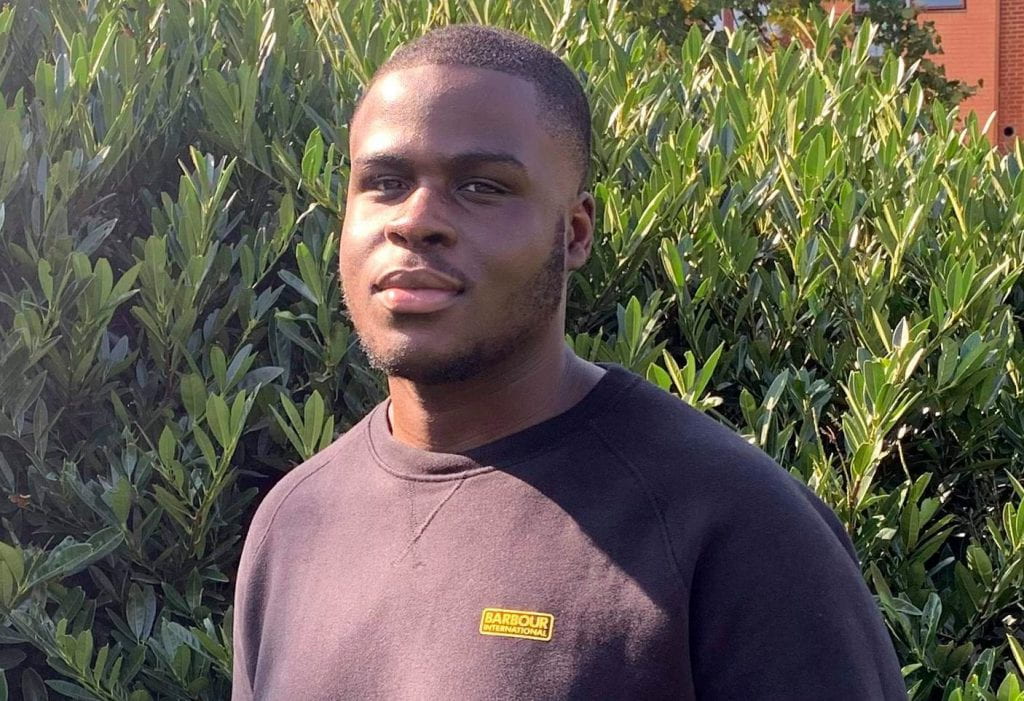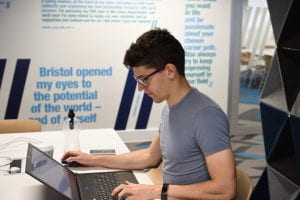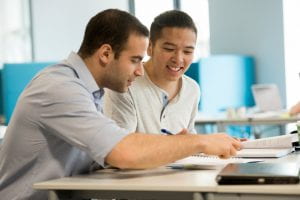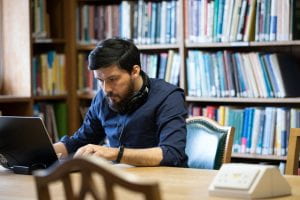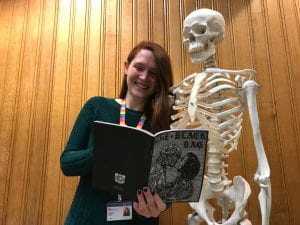Welcome Week has now passed, and we hope you are settling in well! Here are some top tips from your University community on how to manage student life using their own personal experiences.
Making friends…
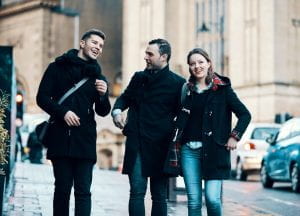
Sarah Ashley, Marketing Officer (Postgraduate) – Welcome Week is a great time to meet people, have fun and explore your new city but don’t worry if you don’t immediately click with people. I didn’t meet the people I’m still friends with now (10 years after graduation) until I was almost at the end of my second year.
Annie Avery, Student Living Room Coordinator – Don’t worry if you don’t feel like you’re having ‘the best time of your life’ give lots of opportunities a chance and you’ll find your people
Living in halls…
Robert Smart, Partnerships Manager – If in Halls, get to know your reception teams and staff. They are friendly and can make things happen, particular if you talk to them!
Paul Arnold , SU Head of Business Development – When you move into halls and are getting settled in to your room, pop your door open to let people know you want to say hi and make friends!
Jemma Harford, SU Student Opportunities Manager (Groups and Services) – Bring food to share, your new accommodation can be daunting but everyone loves food. Bring some homemade biscuits, local treats or cook a flat meal together that incorporates all of your favourite foods.
Studying…
Marton Balaz, Reader in Probability (Mathematics) – In my first weeks of studies I realized that difficult concepts settle. Material that seemed shockingly complicated in the first week became rather natural two weeks later. I just had to look back in my notes again. So, don’t panic! revisit difficult stuff regularly.
Susan Pettinger-Moores, Medicine Teaching and Learning Manager – Pop in and meet the admin team for your course – we don’t bite! We have lots of knowledge and really want to see students succeed.
Look after yourself..
Simon Gamble, Head of Study Skills – Don’t worry about trying to be perfect. It’s fine to get things wrong and it’s good to try new things, because that’s how we grow and learn.

Tom Wallis, SU Student Development Coordinator (Sports and Physical Activity). If you don’t immediately feel at home, work and broaden your horizons; your people and your place are somewhere and they’re waiting for you to find them.
Chloe Hogan, SU Events Coordinator – Don’t put too much pressure on yourself that “university is the best time of your life”. Enjoy each moment as it comes and don’t put pressure on yourself to do too much as this will burn you out!
Managing your time…
Elle Chilton-Knight, Undergraduate Student Administrator – Get everywhere 5 minutes early! You’ll get best pick of seats/equipment and it makes all the difference towards a calm, confident exterior. From there you’ll be chatting to people in no time!
Getting involved…
Helen Dury, Portfolio Marketing Manager – University is the perfect opportunity to try new things. I joined a ski club and competed around the country and met someone I’m still great friends with now, nearly 30 years later!
Philip Gravatt, SU Finance Assistant -My tip would be to look into all the societies and clubs available at the Students Union. They’re a fantastic way of learning something new and easing academic stress.

Matt Humberstone, SU Student Development Coordinator – Join a student group! For many students, their student group becomes the best part of their university experience.
Jenny Reeve, Lecturer in Small Animal Medicine – Take every opportunity to get involved with new activities, skills or social events that you have not had the chance to do before – there is such a vibrant and diverse student population, it is a great way to meet others who share your interests. There is so much more to University life than your academic program – have fun!
Explore the city..
Robbie Fox, Alumni Mentoring Coordinator – Explore this amazing city! I came here as a student , fell in love with the place and have been here ever since! This video is a nice example.
Linda Gerrard, Residential and Hospitality Services – Get your walking shoes on and get lost! Around most corners there is something to delight, amuse or inform.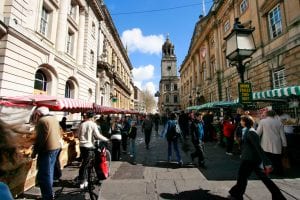
Hillary Gyebi-Ababio, Undergraduate Education Officer – My one piece of advice for new students would be to not confine themselves to the University bubble. Get out and discover new places and cultures in the city – Easton, St Pauls, and Stokes Croft are the perfect places to start!
Lauren Wardle, Student Wellbeing Adviser – Explore the city as a whole, and get involved in hobbies and interests that make you ‘you’! You might find your interests lead to new friends, or even some job opportunities down the line.
Services available to you..
Knut Schroeder, Honorary Senior Clinical Lecturer – Download our free Student Health App, which is listed on the NHS Apps Library. It’s been developed by the University of Bristol Students’ Health Service and University of Bristol students, and it’s packed with common-sense health advice that can make all the difference for your health and wellbeing. You can even customise the app for Bristol when you open it up for the first time.
Lauren Cole, Careers Information Advisers – Pop in to your Careers Service and get to know the support you can access. We can help you find and apply for part time work, internships and work experience, graduate roles, or start your own business!


